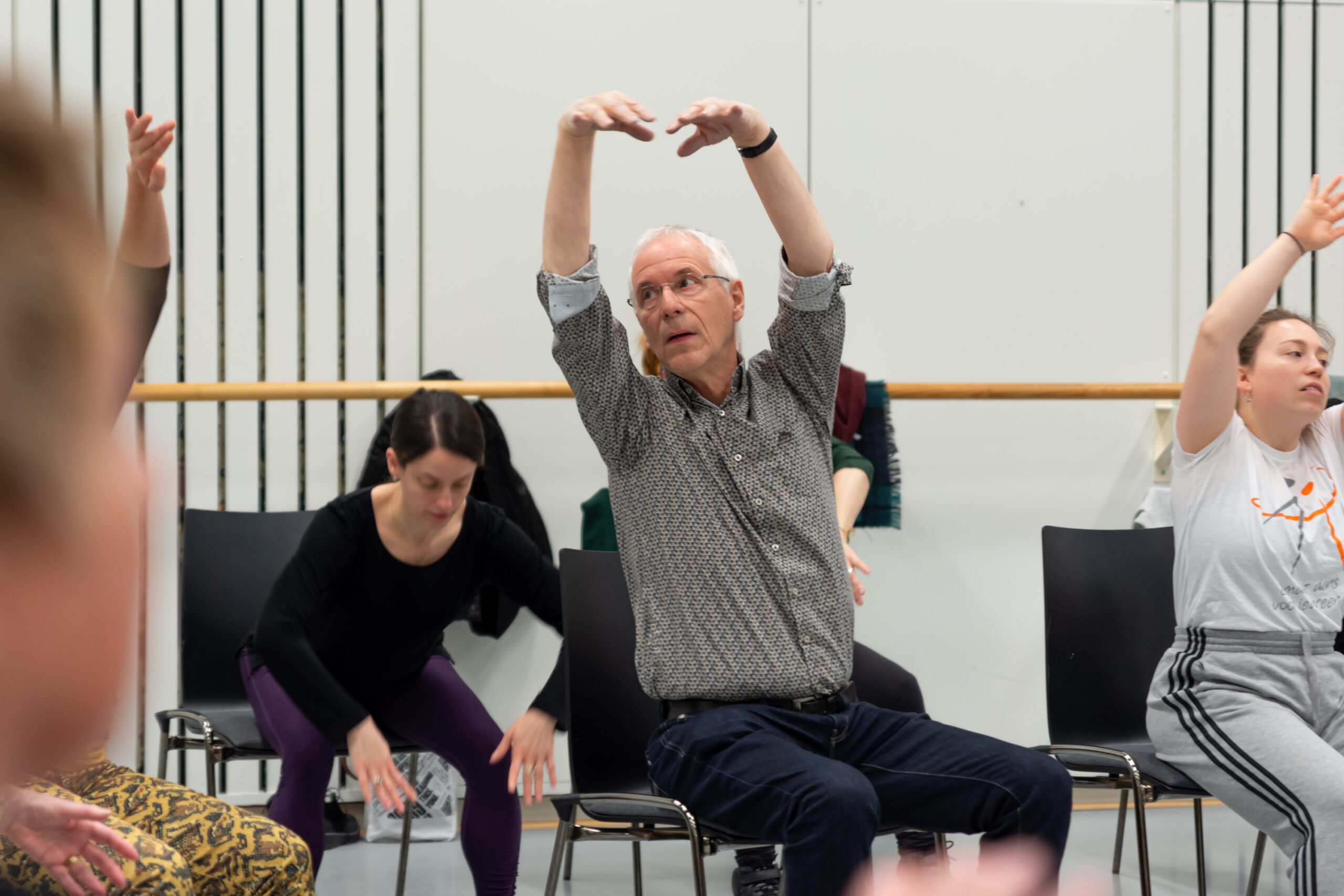
– Client: Archipel
– Research/design question: How are people with dementia inspired by opportunities from the physical and social environment to play?
To address this issue, one potential approach is exploring self-directed play to stimulate and engage individuals with dementia. Self-directed play refers to the act of engaging in play activities that are initiated and directed by oneself without external guidance or control [3]. It involves freely exploring and pursuing activities that are personally interesting and enjoyable, allowing individuals to express their creativity, curiosity, and imagination [4]. Self-directed play encourages independent thinking, problem-solving, and decision-making, promoting a sense of autonomy and agency in one’s play experiences [5]. By providing opportunities for play, we can tap into their innate sense of curiosity and creativity, helping them strengthen a sense of purpose and enjoyment in their daily lives.
However, effectively implementing this approach requires a more comprehensive understanding of the experience and potential benefits of self-directed play specifically tailored to people with dementia. Currently, there are gaps in knowledge and limited research on self-directed engagement for people with dementia [6]. Additionally, there is little to no exploration of how play is beneficial beyond childhood in general and specifically for older adults [7]. This project proposal asserts that comprehending the relationship between play, independence, and personhood can help individuals with dementia to live longer in their own homes
2. Tagariello, P., Girardi, P., & Amore, M. (2009). Depression and apathy in dementia: same syndrome or different constructs? A critical review. *Archives of gerontology and geriatrics*, *49*(2), 246-249.
3. Hughes, B. (2013). *Evolutionary playwork*. Routledge.
4. Chu, J., & Schulz, L. E. (2020). Play, curiosity, and cognition. *Annual Review of Developmental Psychology*, *2*, 317-343.
5. Vygotsky, L. S. (1978). Mind in society (M. Cole, V. John-Steiner, S. Scribner, & E. Souberman, Eds.).
6. Döpp, C. M., Drenth, H., Verkade, P. J., Francke, A. F., & Van Der Heide, I. (2021). Interventions for improving self-direction in people with dementia: a systematic review. *BMC geriatrics*, *21*, 1-20.
7. Smith, P. K. (2005). What children learn from playtime, and what adults can learn from it. In *Breaktime and the school* (pp. 43-56). Routledge.

